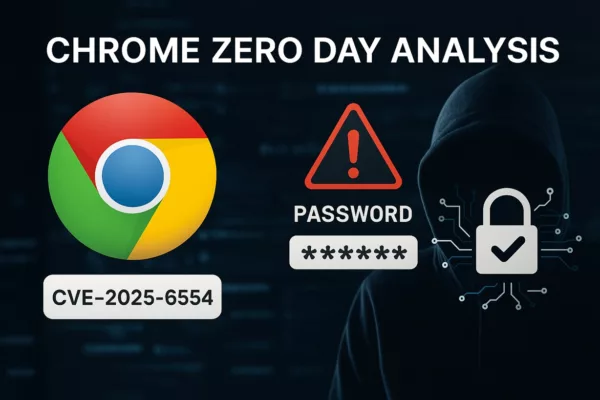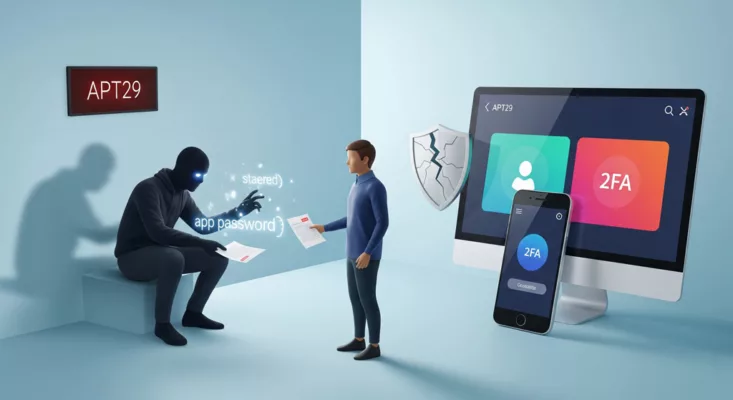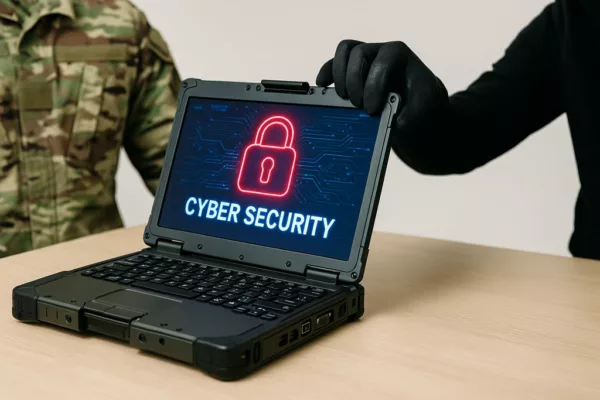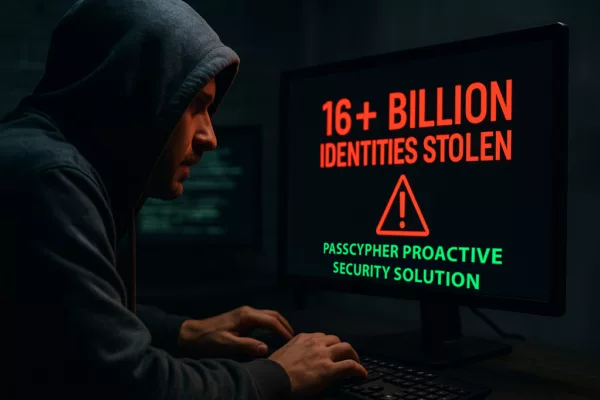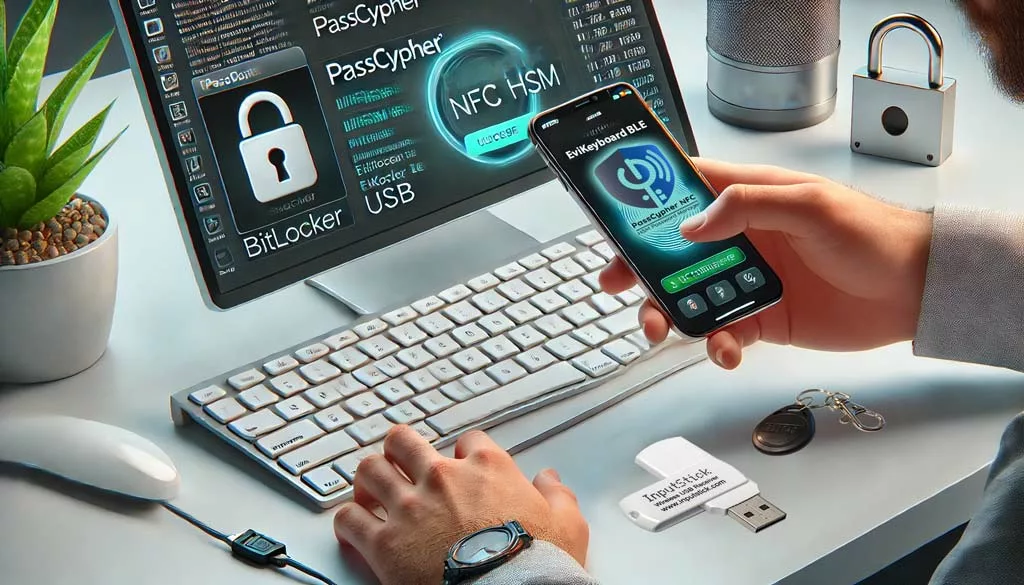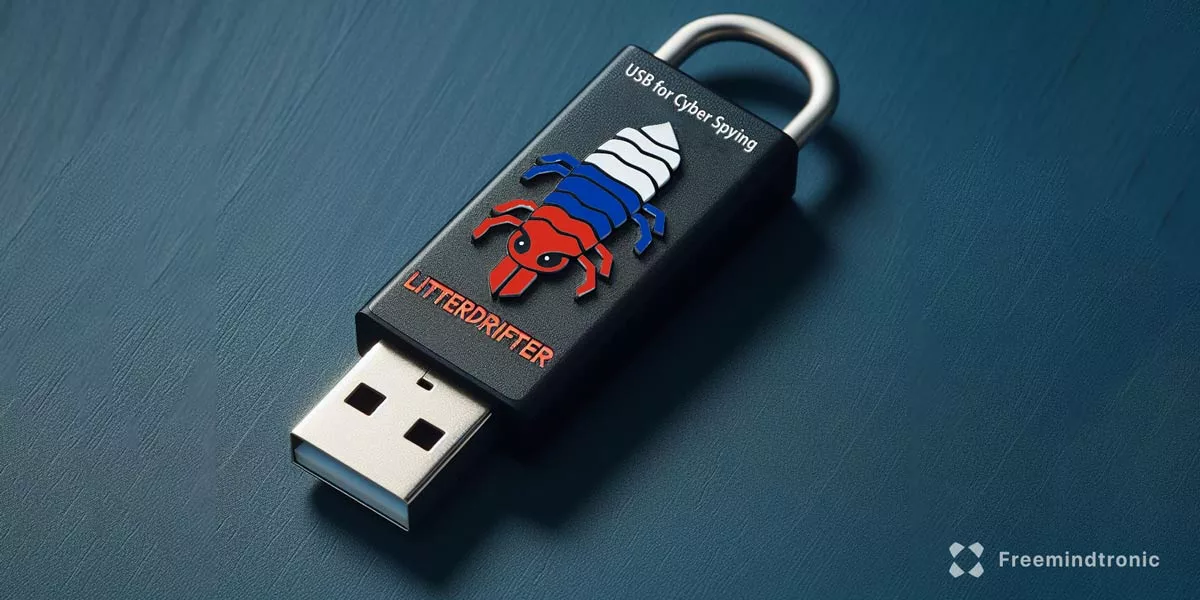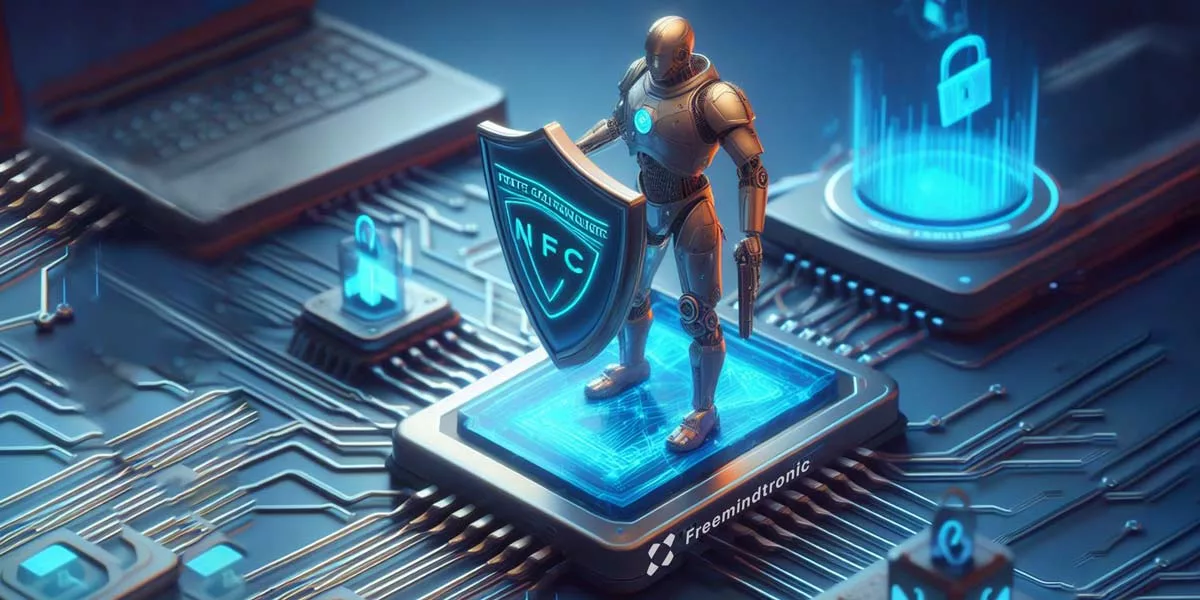Restoring Access to Encrypted Storage Devices This article provides a detailed guide to restore access to encrypted storage devices affected by a faulty Crowdstrike update. Learn how to remove problematic files and use PassCypher NFC HSM and EviKeyboard BLE for secure BitLocker key management. Fixing BitLocker Access Issues Remove Problematic CrowdStrike Files Reboot in Recovery […]
Stay informed!
Join our community of technology enthusiasts! Subscribe to our newsletter and receive exclusive updates on the latest news, special offers, and tips from Freemindtronic. Stay informed on the latest technology trends, discover new products, and be among the first to take advantage of them. Sign up now by entering your email address below. Don't miss any updates from Freemindtronic!

